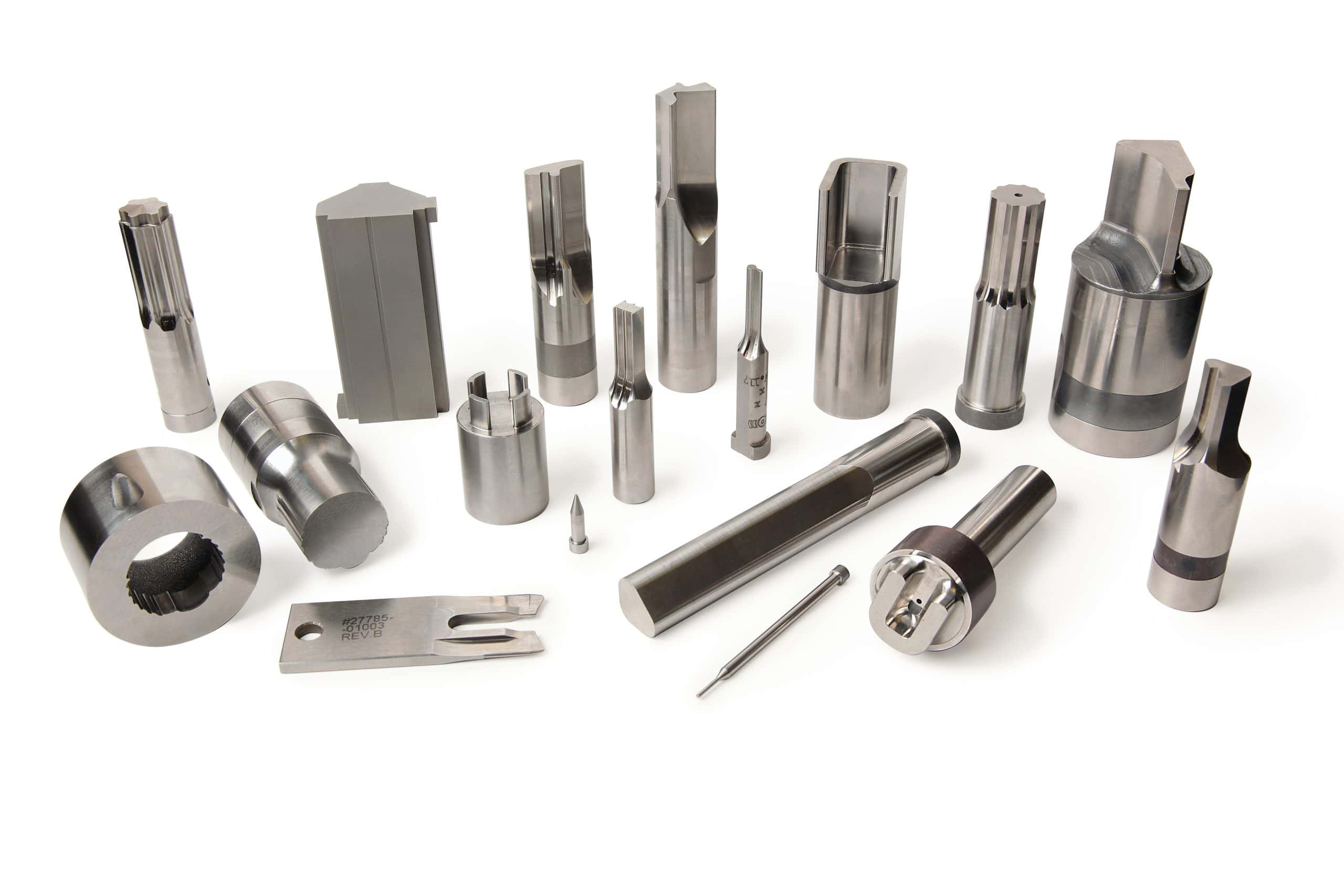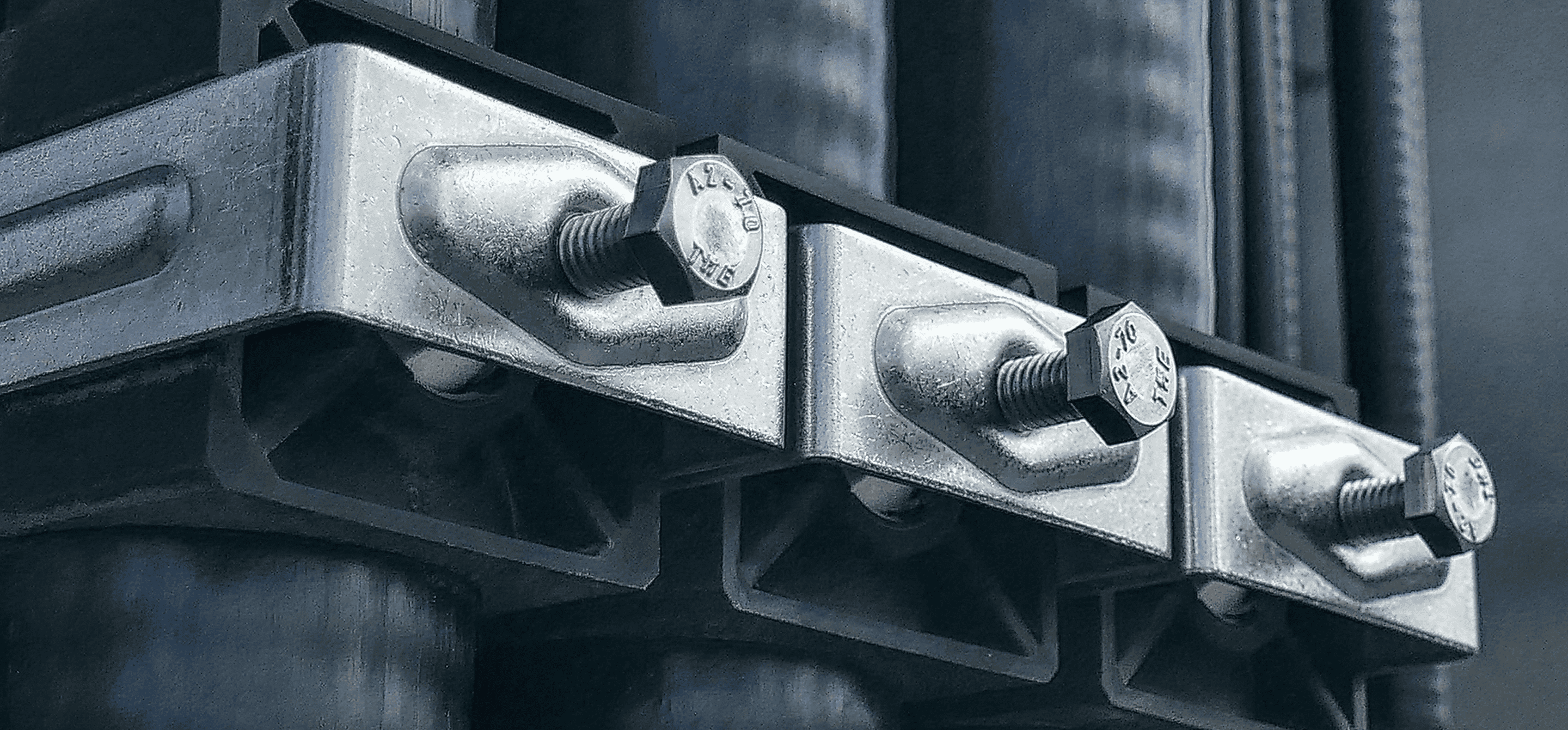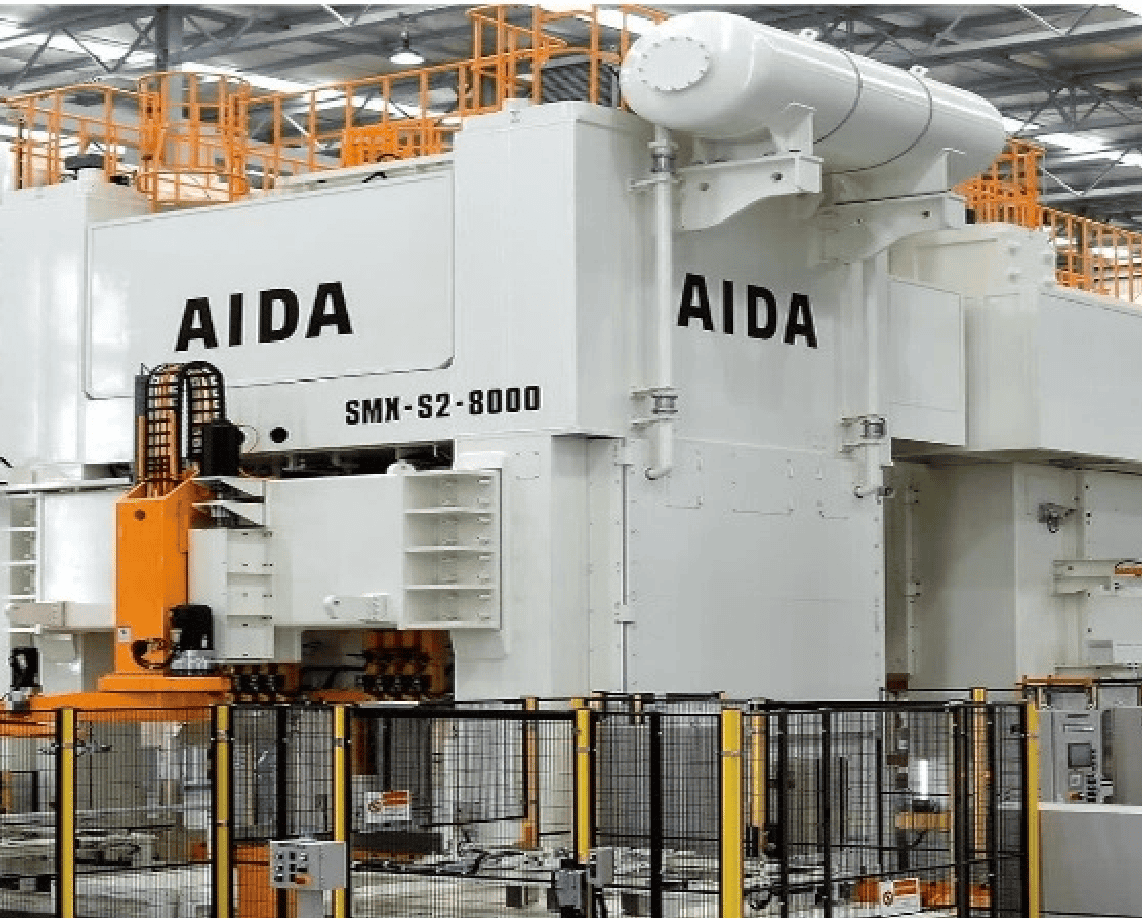
Tipco Applications
Tipco manufactures and supplies a wide selection of tools for a very diverse range of industries and sectors, including – but not limited to – the following: automotive; aerospace; construction; consumer goods; electronics; furniture; material handling; medical; and, pharmaceutical industries. More specifically, Tipco manufactures precision components used in a wide range of applications, including metal punching; metal piercing; injection molding; marking; hydroforming; roll forming; and, fine blanking.
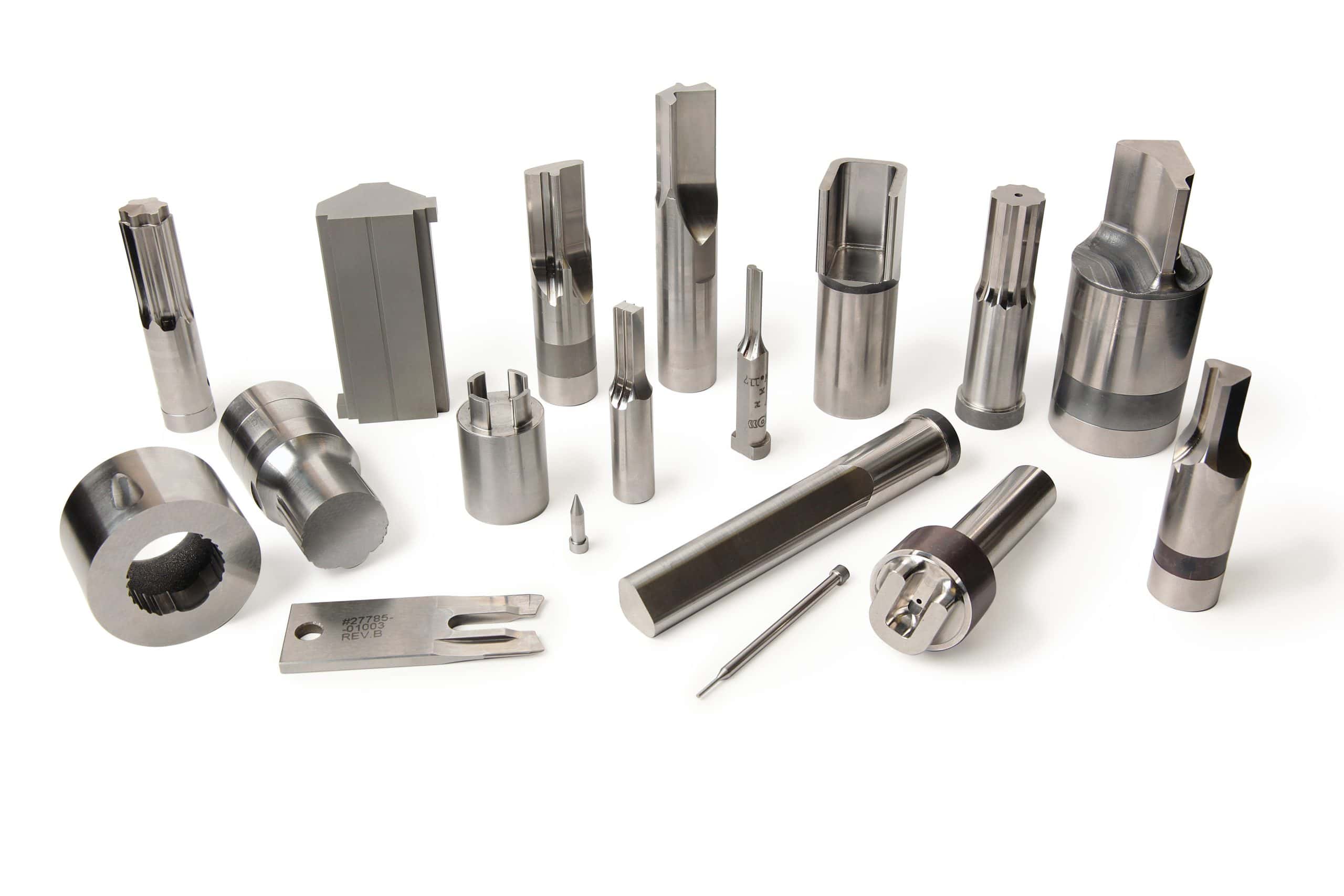
Punching
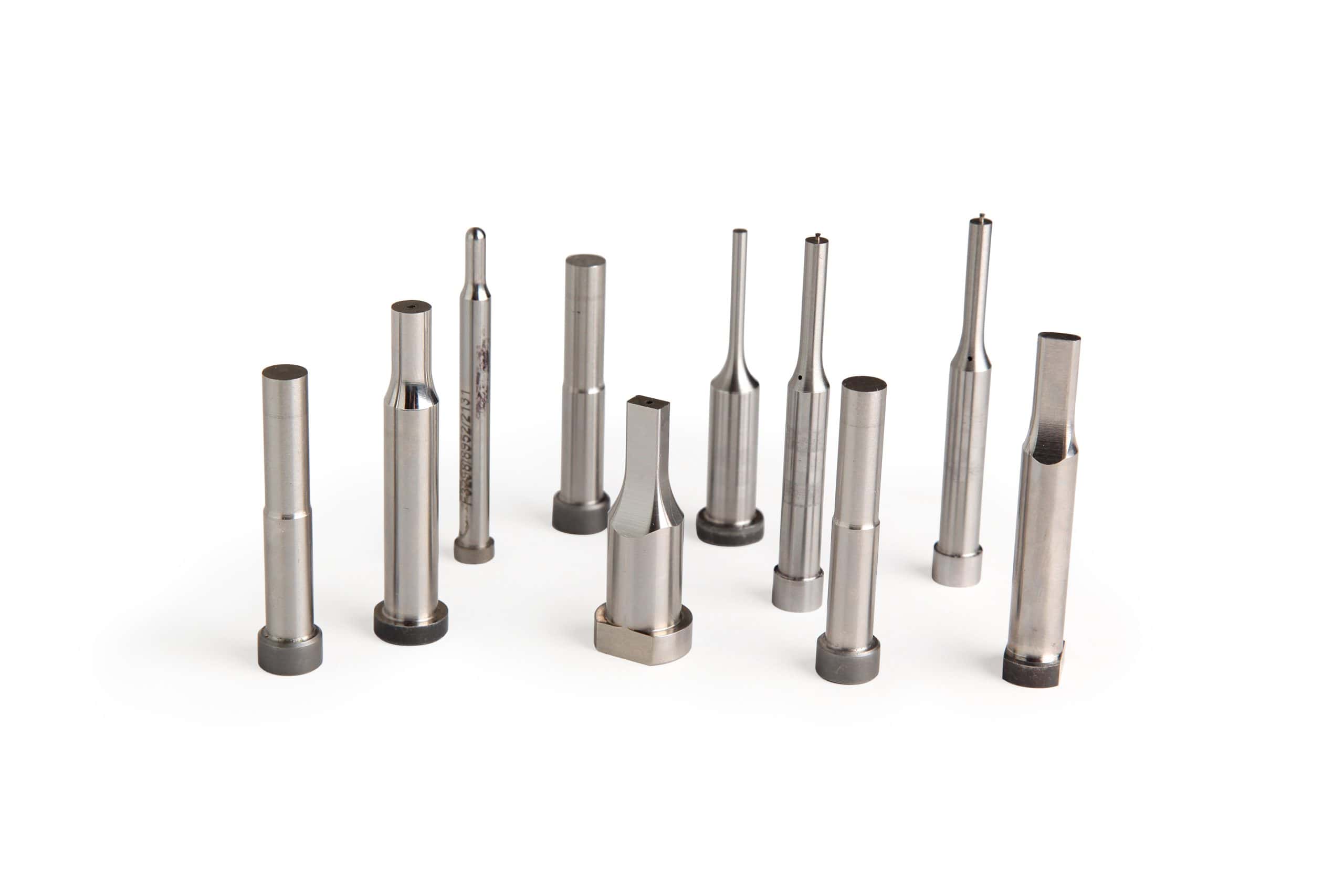
Fine Blanking
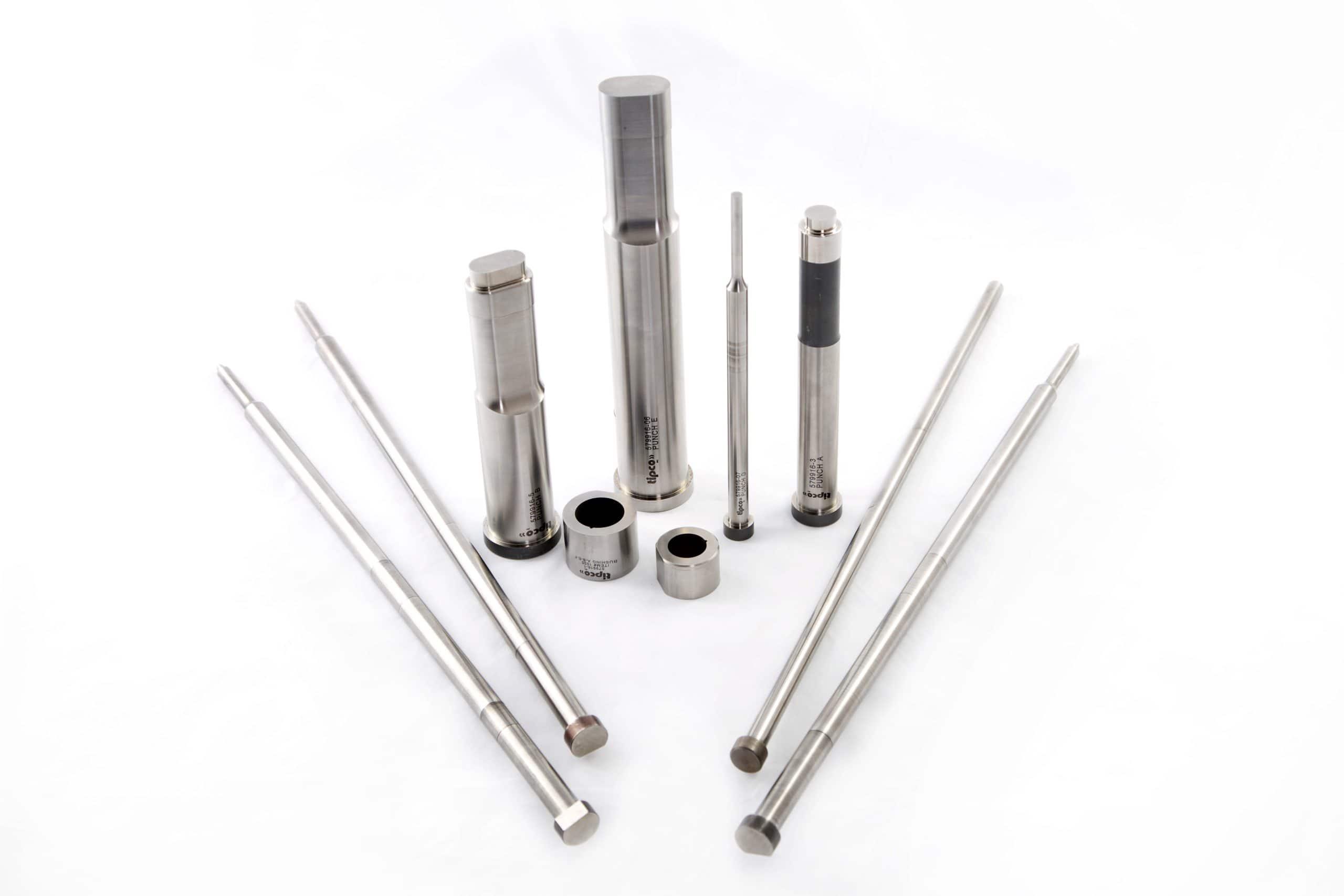
Hydroforming
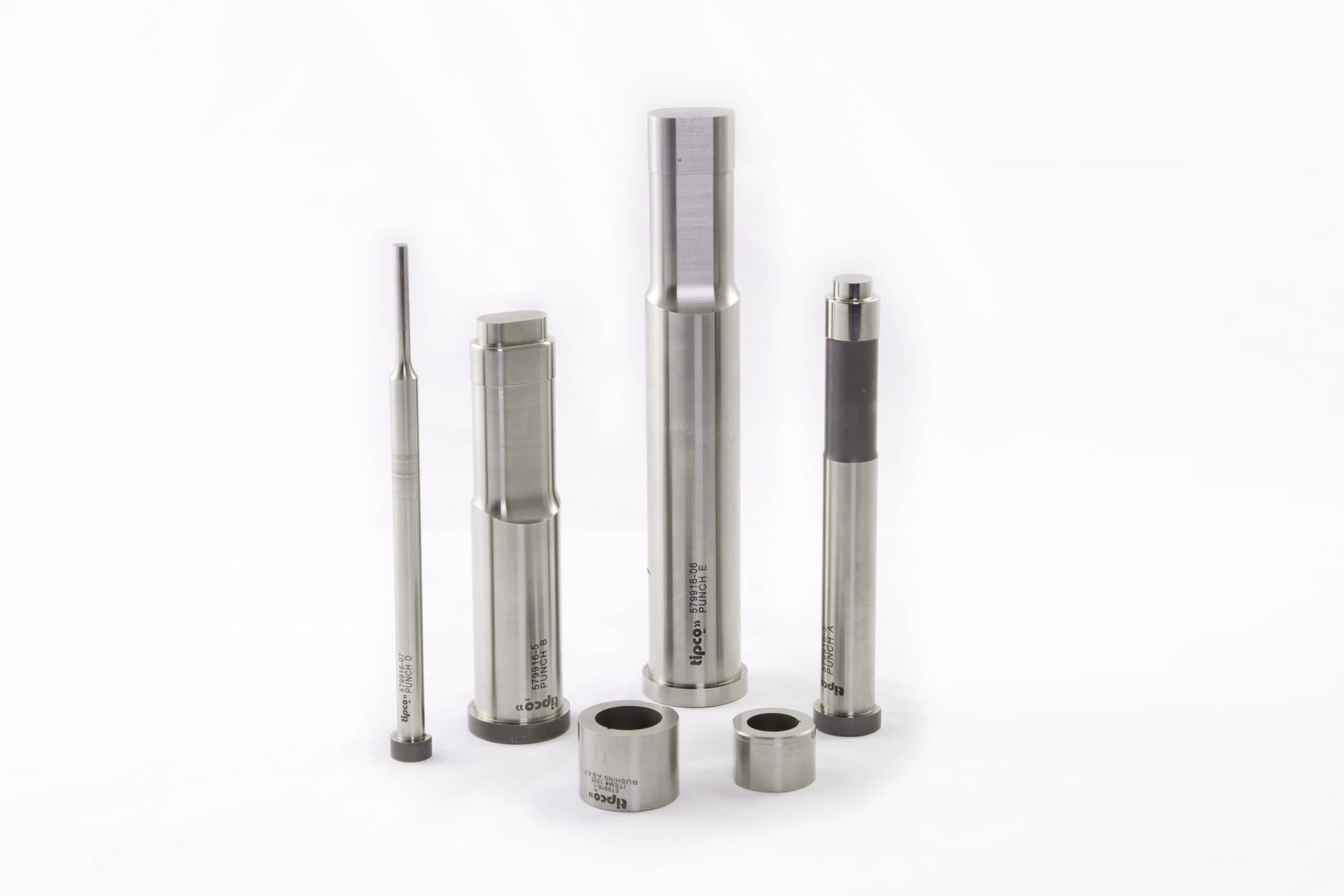
Injection Molding

Marking Stamps
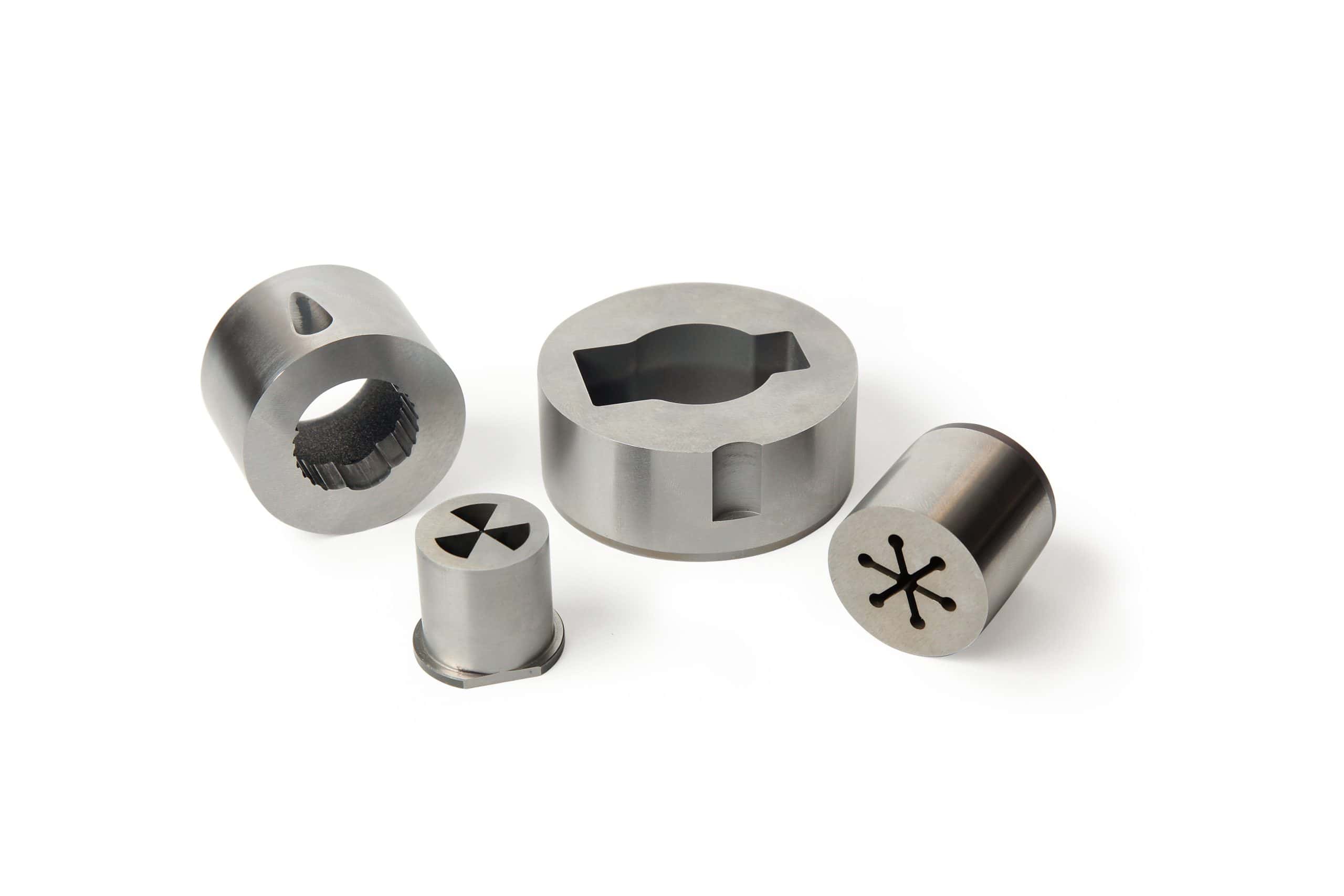
Roll Forming
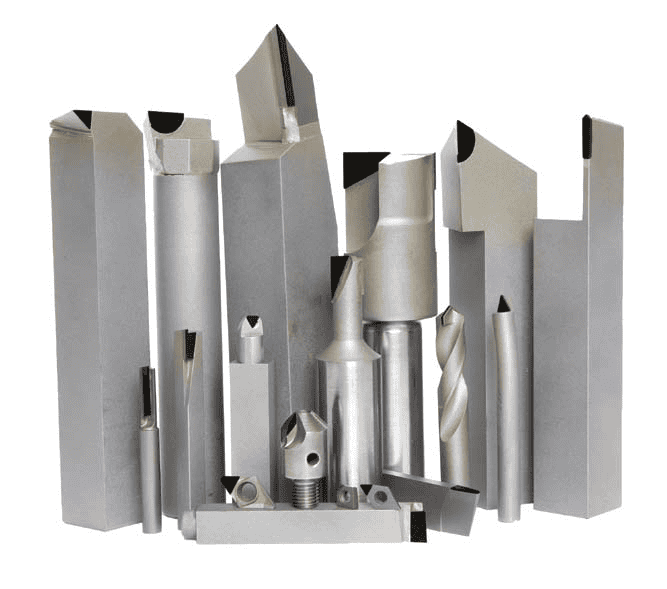
Diamond Tooling
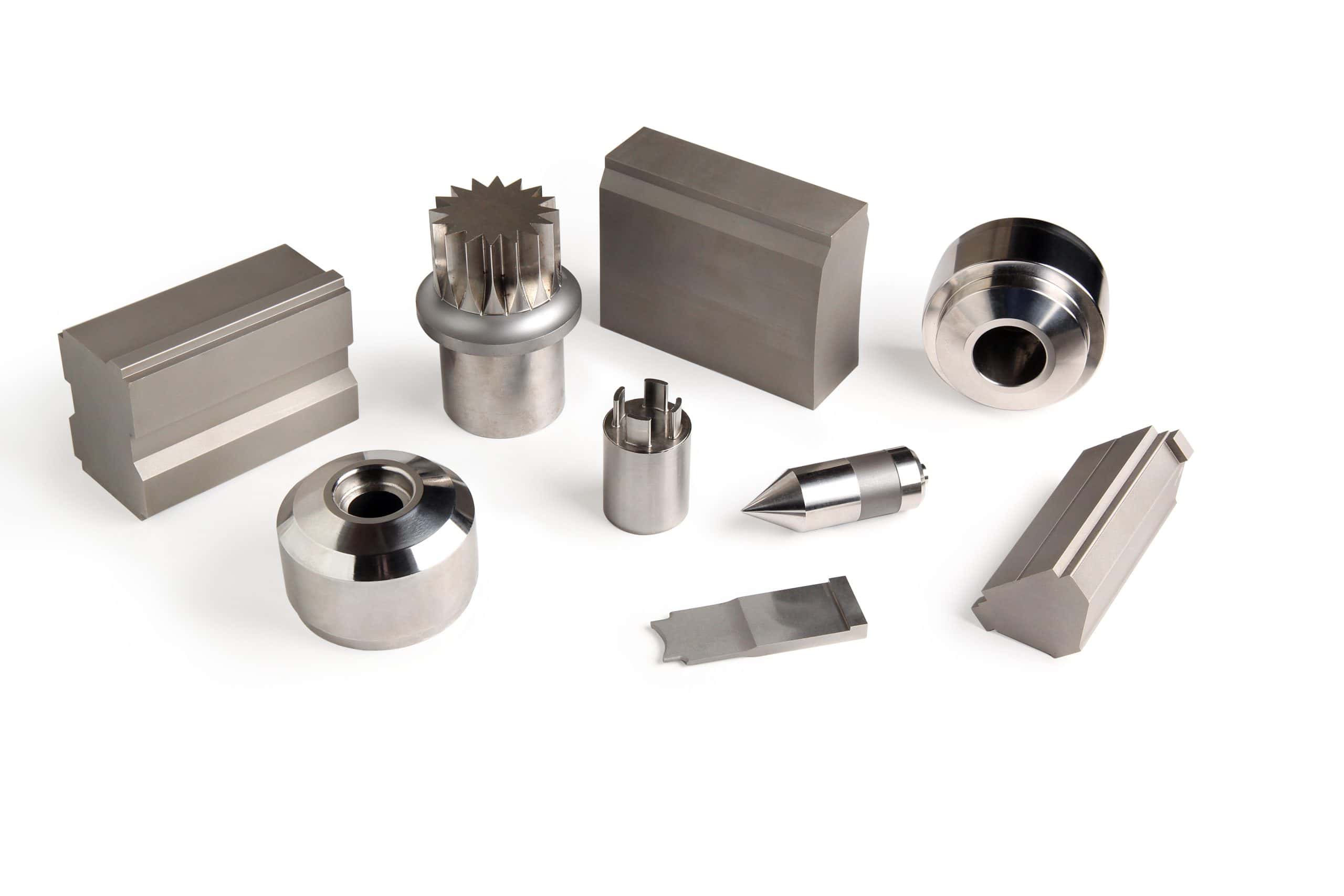
Precision Manufacturing
